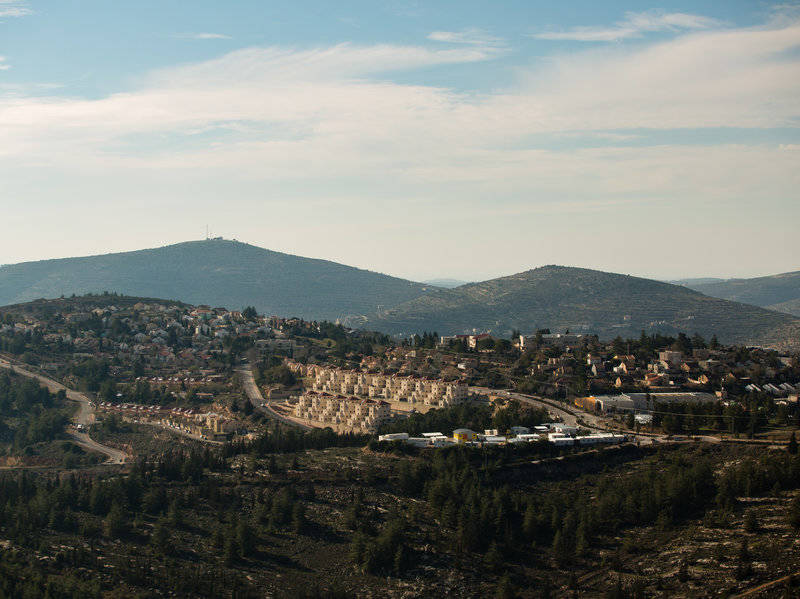Arvind Ganesan, a director at Human Rights Watch, called the company's reversal "disappointing" and suggested its offer to donate profits falls short.
"By continuing to do business in settlements, they remain complicit in the abuses settlements trigger," Ganesan said.
The rights group said in a post to Twitter last November that it has been pushing Airbnb to leave the West Bank for two years.
Airbnb's decision came after the company said it had "settled all lawsuits" brought by potential clients who objected to the company's initial decision to bar listings.
The company was sued in U.S. federal court by 12 U.S.-Israeli citizens with homes in the settlements, the Associated Press reported.
In November, NPR reported that Israel's minister of strategic affairs, Gilad Erdan, had encouraged people affected by the policy to file lawsuits against Airbnb.
"As a provider of a service to the public, Airbnb is not permitted to refuse to provide services to selected religious groups to engineer who it thinks should be allowed to live where," Robert Tolchin, an attorney for the plaintiffs told AP.
Tolchin said with the settlement reached, everyone could list properties on equal terms.
"Airbnb will focus on its business, which is listing properties for people to stay in, and the geopolitical issues, and issues of international law, and who owns what property, that will not be adjudicated by Airbnb, and that's the way it should be," Tolchin told KQED.
Airbnb published the announcement while Israelis were voting in the country's national elections. In the days before the election, Prime Minister Benjamin Netanyahu promised to annex Jewish settlements in the West Bank if re-elected.
KQED's Anna Sturla contributed to this report.
Copyright 2019 NPR. To see more, visit https://www.npr.org.
